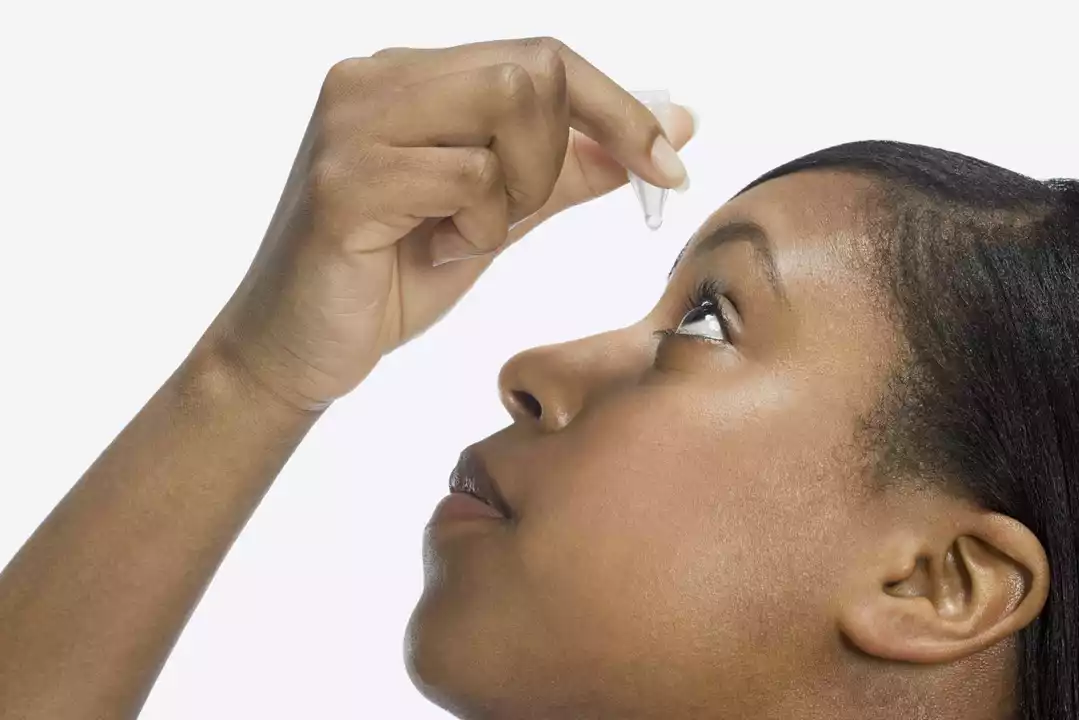Vision: Simple Ways to Protect Your Eyes Every Day
Want clearer vision and fewer eye problems? Small daily habits make a big difference. This page collects practical advice on preventing eye redness, managing allergies, spotting warning signs, and choosing supplements that actually help. No jargon—just straightforward steps you can use today.
Easy daily habits to protect your eyes
Start with regular eye exams. A comprehensive check picks up issues before they become serious. If you wear contacts, follow the care rules: clean them, replace them on schedule, and never sleep in lenses unless your doctor says it’s okay.
Limit screen strain. Use the 20-20-20 rule: every 20 minutes, look 20 feet away for 20 seconds. Adjust screen brightness and keep your monitor at arm’s length and slightly below eye level. Blink more—dry eyes often come from staring without blinking.
Protect your eyes from UV light. Wear sunglasses that block 100% UVA/UVB when you’re outside. For work or sports, use safety glasses or goggles to prevent injuries that can cause long-term damage.
Nutrition matters. Eat foods rich in lutein, zeaxanthin, vitamin A, and omega-3s—think leafy greens, eggs, salmon, and walnuts. If your diet is limited, a daily eye supplement with lutein and zeaxanthin can help, but check with a pharmacist or doctor first.
When to get checked — red flags not to ignore
Some symptoms need quick attention. Call your doctor or go to urgent care if you have sudden vision loss, flashes of light, a new shower of floaters, severe eye pain, or a painful red eye with sensitivity to light. Those signs can point to retinal tears, infections, or other urgent problems.
Milder but persistent issues also deserve a visit: chronic redness, ongoing itching from allergic conjunctivitis, blurred vision that won’t improve with glasses, or repeated eye infections. Your pharmacist can help with short-term relief, but an eye specialist should handle recurring or worsening symptoms.
Thinking about over-the-counter drops? For occasional redness or dryness, preservative-free artificial tears are usually safe. Avoid using vasoconstrictor (redness-reducing) drops daily—they can cause rebound redness after a few days.
Buying eye meds or supplements online? Use trusted pharmacies and check reviews. Make sure the site requires a valid prescription when needed and lists a real contact address. If a deal looks too good to be true, it probably is.
Vision care isn’t complicated, but it pays to be consistent. Schedule annual eye exams, protect your eyes from screens and sun, eat for eye health, and get prompt care when something feels off. If you want product advice or help picking a supplement, Shiner Family Pharmacy is here to help.

